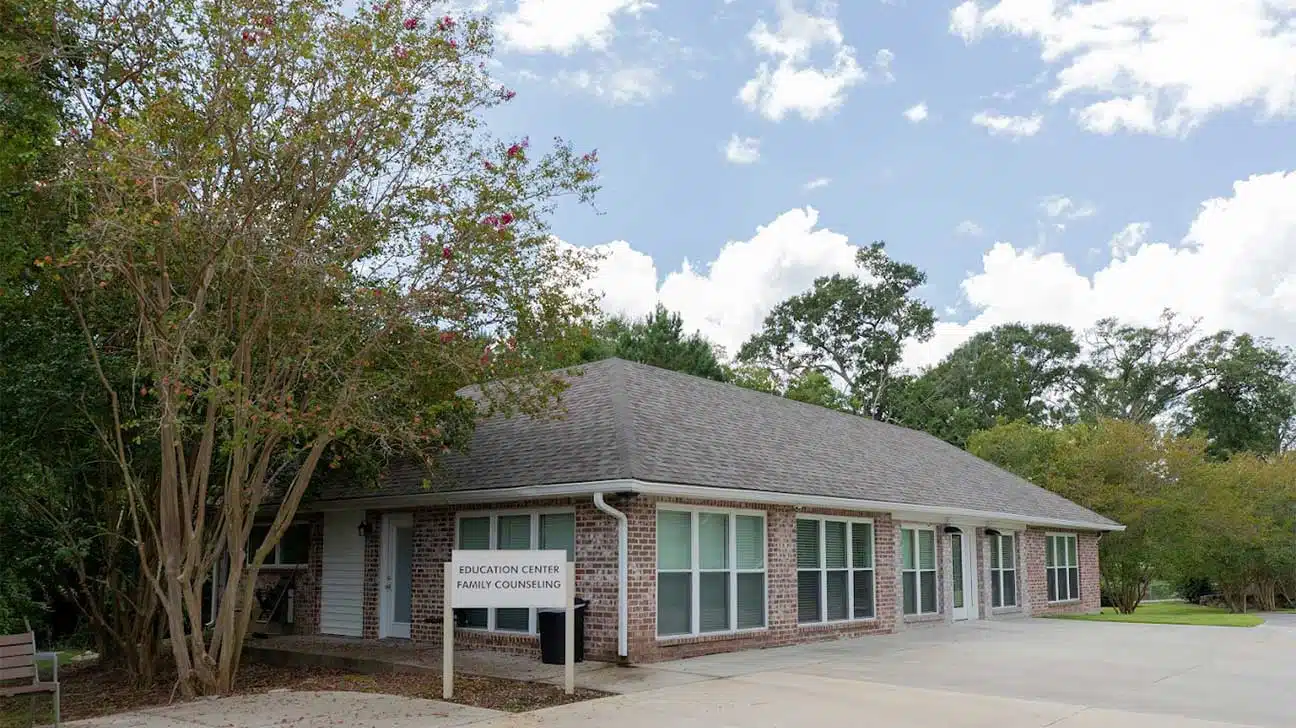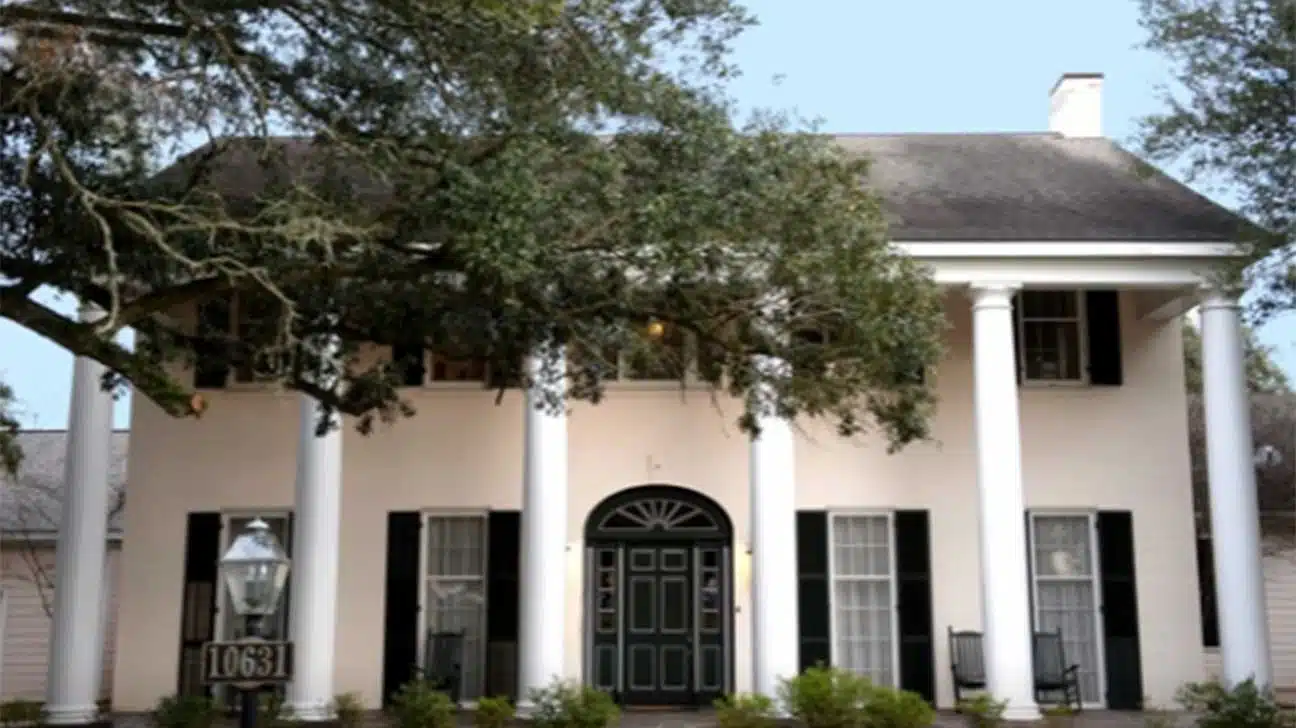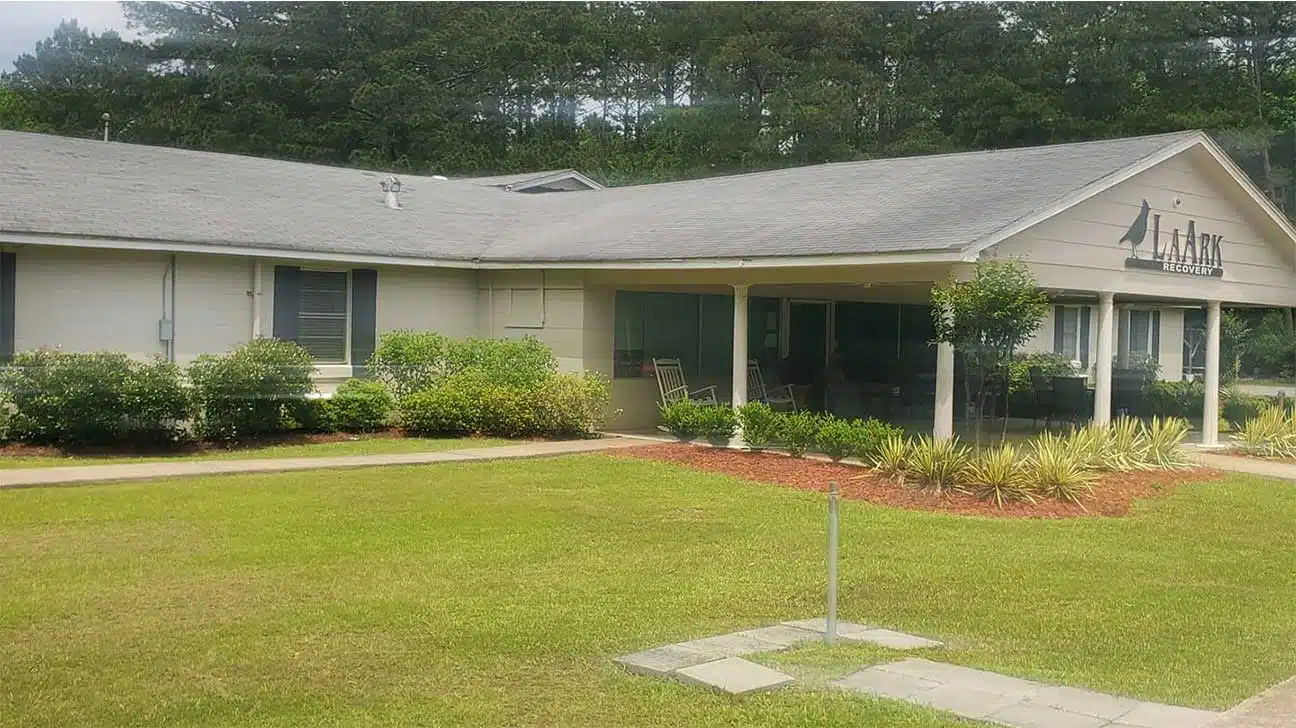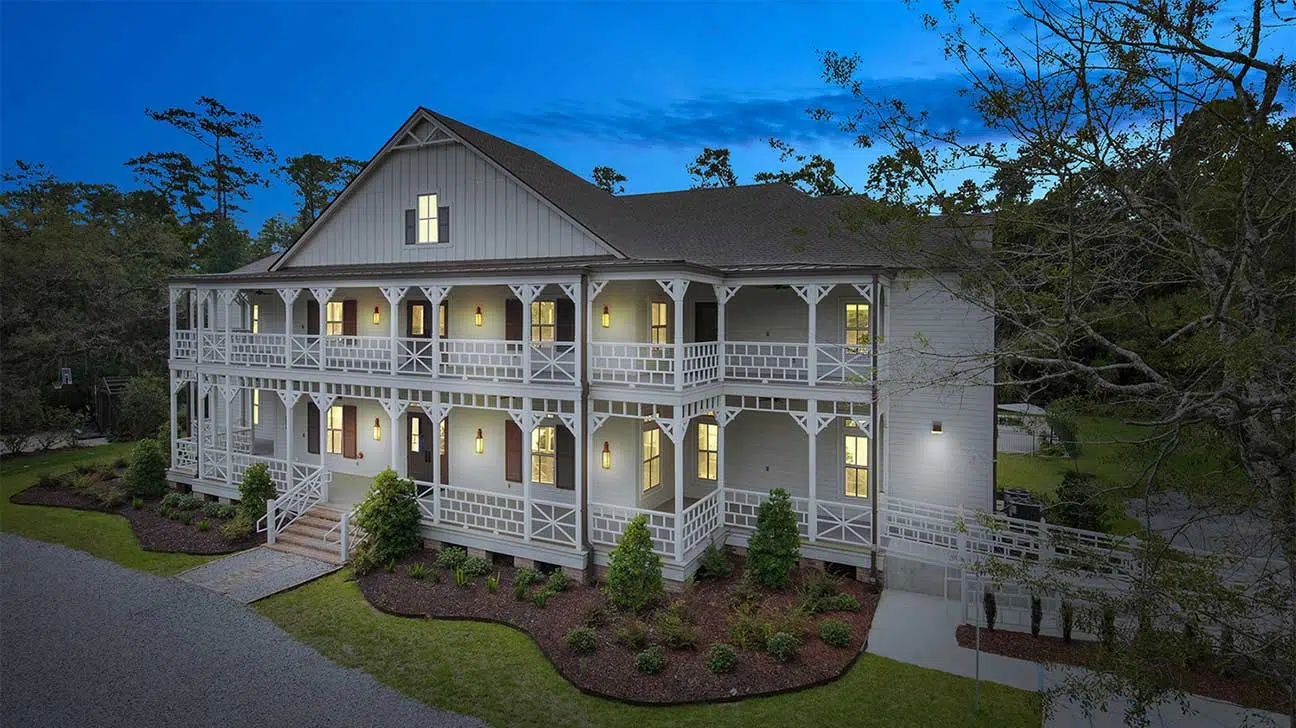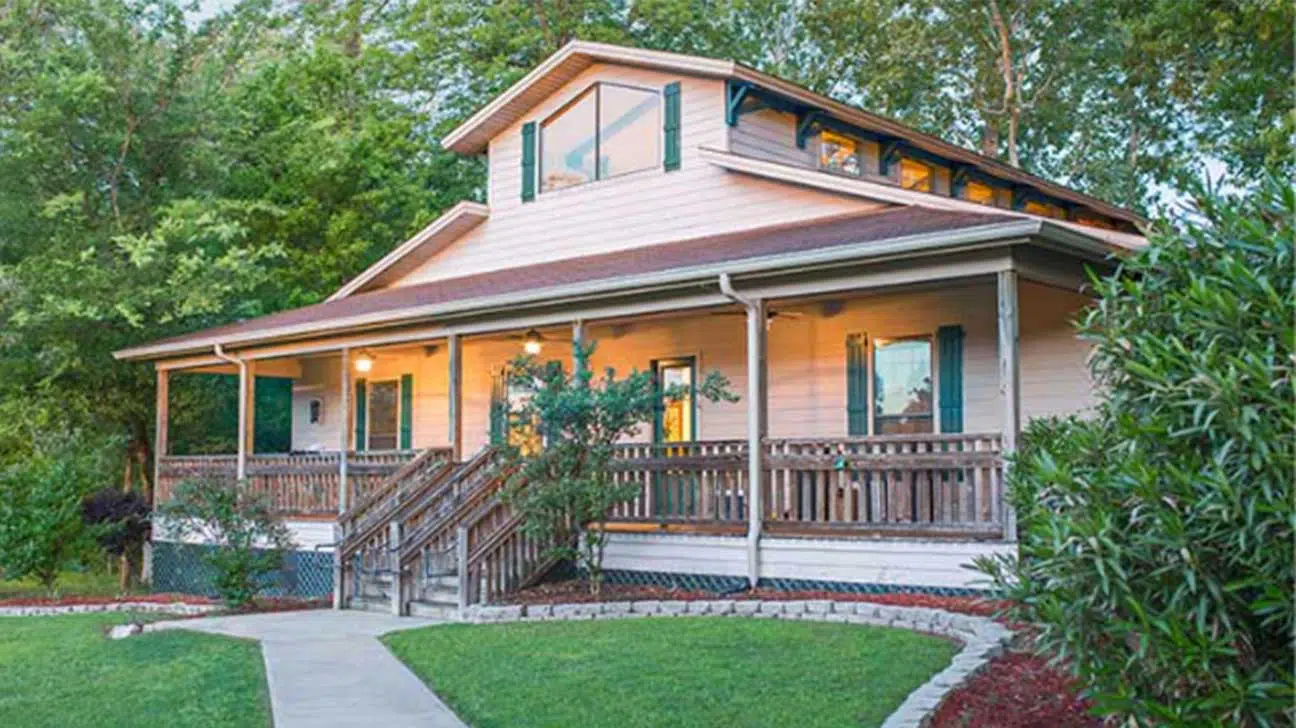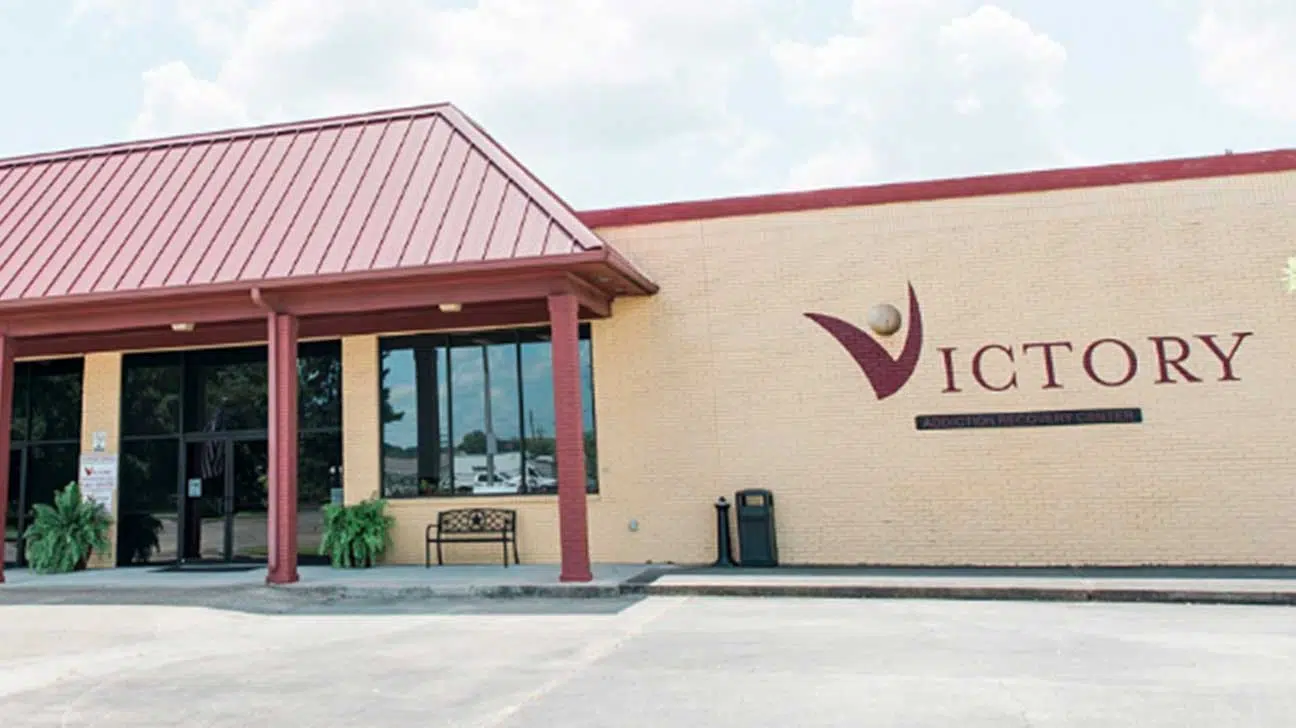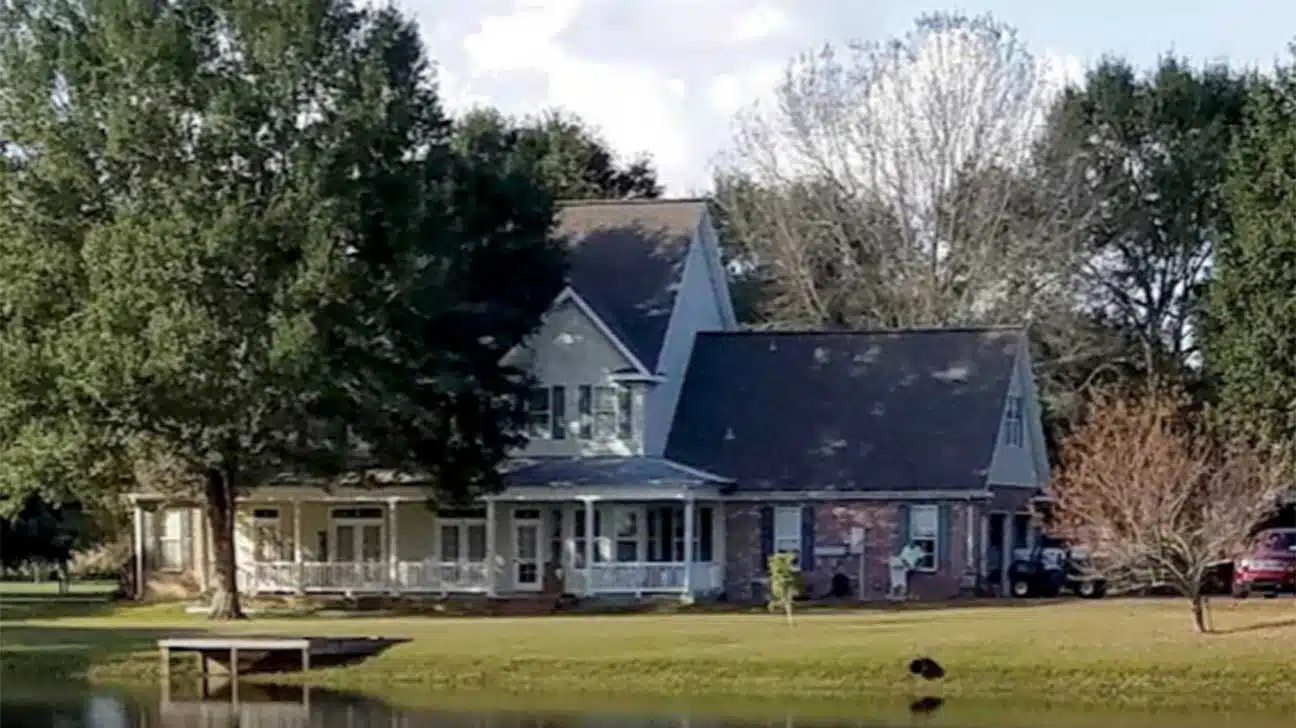
Treating mental health and substance use disorders at the same time is known as a dual diagnosis treatment. Several rehab centers in Louisiana offer this approach to treatment.
Dual diagnosis addiction recovery centers may provide evidence-based treatment services such as detoxification, medication-assisted treatment (MAT), behavioral therapy, and more.
List Of Dual Diagnosis Treatment Centers In Louisiana
The following rehab facilities were selected based on marks of quality such as accreditation status, licensure, Google reviews, certifications, and client testimonials.
1. Acadiana Treatment Center, Sunset, Louisiana
This is a mental health and substance abuse rehab facility offering residential treatment, a partial hospitalization program (PHP), an intensive outpatient program (IOP), and more.
Clients can get treatment for drug addiction and co-occurring mental health issues, which typically involves assessment and detoxification if needed.
This behavioral health center features:
- a 4-star Google rating
- Commission on Accreditation of Rehabilitation Facilities (CARF) accreditation
- membership of the National Association of Addiction Treatment Providers (NAATP)
Location and contact information:
156 Choctaw Rd.
Sunset, LA 70584
(337) 510-5931
2. Edgefield Recovery Center, Cheneyville, Louisiana
This is a 70-bed inpatient drug and alcohol treatment center that offers medical detox, PHP, IOP, relapse prevention planning, and dual diagnosis treatment.
Top qualities of this substance abuse rehab program include:
- Joint Commission accreditation
- licensure from the Louisiana Department of Health (DHH)
- a 4.3-star Google rating
Location and contact information:
10627 US Hwy. 71
Cheneyville, LA 71325
(318) 748-2673
3. LaAark Recovery, Marion, Louisiana
LaAark Recovery features evidence-based treatment and support from the Northeast Delta Human Services Authority (HSA).
The following services are offered here:
- inpatient treatment
- holistic therapies
- aftercare planning
This inpatient treatment center is a 12-step-based program that treats individuals with a dual diagnosis with services such as group therapy, individual therapy, and medication management.
Location and contact information:
100 McVicker St.
Marion, LA 71260
(318) 436-2421
4. Longbranch Recovery, Abita Springs, Louisiana
Co-occurring disorder treatment is available at this Louisiana inpatient addiction recovery center alongside services such as holistic therapy, 12-step programs, and aftercare.
Trusted features of this treatment facility include:
- accreditation from the Joint Commission
- NAATP membership
- a 3.5-star Google rating
Location and contact information:
21516 Hwy. 36
Abita Springs, LA 70420
(504) 635-3535
5. Palmetto Addiction Recovery Center, Rayville, Louisiana
This drug and alcohol rehab program in Rayville, LA, offers IOP, residential treatment, detoxification, and more.
You can get substance use and mental health treatment for the following disorders:
- depression
- personality disorders
- bipolar disorders
- anxiety disorders
- ADHD
- eating disorders
Palmetto Addiction Recovery Center is supported by CARF accreditation and a high rating on Google.
Location and contact information:
86 Palmetto Rd.
Rayville, LA 71269
(318) 728-2970
6. Victory Addiction Recovery Center, Lafayette, Louisiana
This drug rehab center in Lafayette, LA, provides several services including inpatient treatment, detox, IOP, co-occurring disorder care, and aftercare for veterans.
Treatment for mental illness and drug dependency here is supported by:
- LegitScript certification
- Joint Commission accreditation
- a 4.6-star Google rating
Location and contact information:
111 Liberty Ave.
Lafayette, LA 70508
(855) 559-9822
7. Whispering Oaks Lodge, Youngsville, Louisiana
Dual diagnosis treatment is available at the residential inpatient and outpatient addiction treatment program in Youngsville, LA.
Co-occurring disorder treatment extends to people with disorders such as:
- depression
- trauma
- anxiety-related disorders
- bipolar disorder
- post-traumatic stress disorder (PTSD)
This treatment facility features:
- evidence-based treatment options
- partnership with the Louisiana Department of Health
- a 4.2-star Google rating
Location and contact information:
617 Piat Rd.
Youngsville, LA 70592
(877) 419-3005
Types Of Treatment Available At Dual Diagnosis Rehab Centers In Louisiana
Below are some of the common behavioral health services available at treatment facilities in Louisiana that offer dual diagnosis treatment.
Drug and alcohol rehab programs in Louisiana may include:
- short-term or long-term residential treatment
- outpatient rehab programs for people with mental health disorders
- relapse prevention services
- methadone maintenance
- cognitive behavioral therapy (CBT)
- dialectical behavior therapy (DBT)
- motivational interviewing
- support groups for adolescents with opioid drug addiction
- 12-step groups for alcohol abuse recovery
- detoxification
- case management and wellness services
- transitional living facilities
- sober living homes
- aftercare
How Common Are Co-Occurring Disorders In Louisiana?
Based on data reported by the National Institute on Drug Abuse (NIDA), over 7.7 million adults in the U.S. are battling mental illness and co-occurring substance use disorders.
Not everyone with a co-occurring disorder will get the care they need, with only 9.1% of people who get treatment receiving both mental health care and substance abuse treatment.
Choosing A Dual Diagnosis Treatment Center In Louisiana
To choose the right dual diagnosis program for yourself or a loved one, you can consider several key aspects that a co-occurring disorder recovery program should include.
Specialization In Clients With Co-Occurring Disorders
It’s important to find a rehab center that specializes in serving clients with dual diagnoses.
Most treatment programs offer some level of mental health care, but this is not quite the same as a targeted co-occurring disorder treatment plan.
A Range Of Disorders Treated
You’ll next need to verify that the dual diagnosis center you’ve selected offers therapy and other mental health services for the disorder you have.
Many programs specialize in offering treatment for PTSD, bipolar disorder, depression, and anxiety.
Medical Services
If you’ll require medical services (such as detox, medication management, prescriptions, or other services), find a treatment provider that has a staff of nurses, clinicians, and therapists.
Not all rehab centers provide general medical care or multiple levels of care for addiction, though many do.
Types Of Therapies Used
If there’s a certain therapy approach that you’re comfortable with, such as cognitive behavioral therapy or motivational interviewing, search for a program that integrates this type of therapy.
Or, if you’re new to behavioral therapy for co-occurring disorders, select a treatment center that offers more than one form of therapy so you can find what works best for you.
Louisiana Dual Diagnosis Treatment FAQs
Find answers to commonly asked questions about dual diagnosis treatment in the state of Louisiana.
Is Dual Diagnosis Treatment Recommended For Pregnant Women In Louisiana?
Yes, addiction treatment programs for pregnant women in Louisiana will usually feature dual diagnosis treatment.
There is nothing in the dual diagnosis approach to care that could threaten the well-being of the mother or her baby.
Will Dual Diagnosis Treatment Be Covered By Louisiana Medicaid Health Insurance?
People who are enrolled in Louisiana Medicaid for substance use treatment will have access to an array of evidence-based services including co-occurring disorder care.
Are Dual Diagnosis Treatment Programs In Louisiana Pet-Friendly?
No, pet-friendly drug rehab centers are very rare. If you wish to bring your pet with you to treatment, you will likely have to travel out of state.
Find Substance Use Disorder Treatment Today
For more information about dual diagnosis treatment and addiction recovery centers, contact AddictionResource.net today.
Updated on April 4, 2023
Addiction Resource aims to provide only the most current, accurate information in regards to addiction and addiction treatment, which means we only reference the most credible sources available.
These include peer-reviewed journals, government entities and academic institutions, and leaders in addiction healthcare and advocacy. Learn more about how we safeguard our content by viewing our editorial policy.
- DualDiagnosis.org — Co-Occurring Disorders: The Most Popular
https://dualdiagnosis.org/mental-health-and-addiction/ - U.S. National Library of Medicine: MedlinePlus — Dual Diagnosis
https://medlineplus.gov/dualdiagnosis.html#:~:text=What%20is%20dual%20diagnosis%3F,their%20lives%20and%20vice%20versa.

